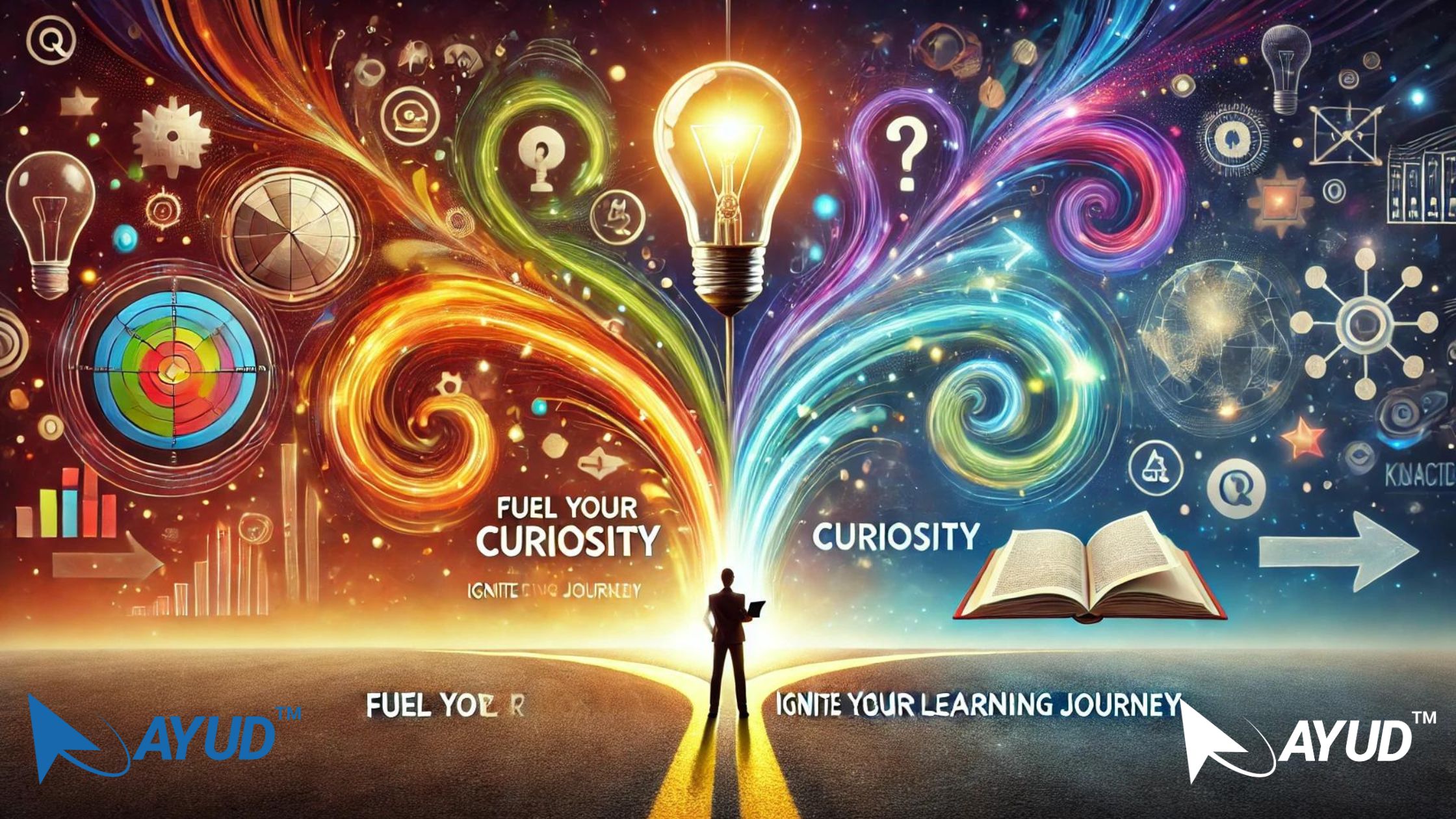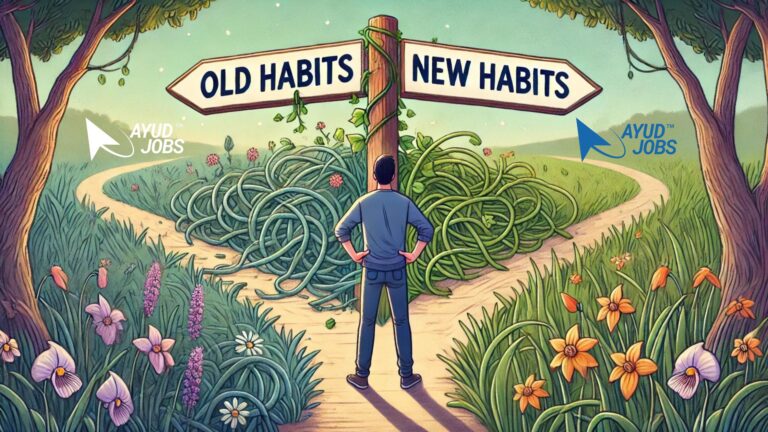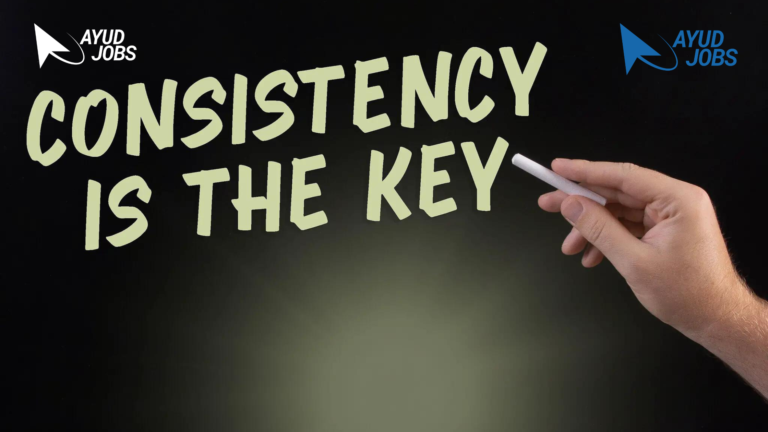How Curiosity Fuels Learning Ignite Your Educational Journey
Introduction
Curiosity is often considered the spark that ignites the flame of learning. It drives us to explore, question, and seek answers. In today’s fast-paced world, where information is readily available at our fingertips, curiosity remains a vital tool in educating ourselves. But how exactly does curiosity influence our learning process? This blog will delve into the importance of curiosity in self-education, exploring how it fuels our desire to learn and how it can transform our lives.
What is Curiosity?
Curiosity is a strong desire to know or learn something. It is the force that pushes us to explore new ideas, ask questions, and seek out new experiences. Curiosity isn’t just about being interested in a subject; it’s about being motivated to dig deeper and find out more.
The Role of Curiosity in Learning
Curiosity plays a crucial role in learning. When we are curious about something, our brain becomes more engaged. This engagement leads to better focus and attention, making it easier for us to absorb and retain information. Curiosity turns learning from a chore into an exciting adventure, making the process enjoyable and fulfilling.
1. Curiosity Enhances Memory
When you are curious about a topic, your brain releases dopamine, a neurotransmitter associated with pleasure and reward. This release of dopamine strengthens the connections in your brain, making it easier to remember what you’ve learned. For example, if you’re curious about space exploration, you’re more likely to remember details about planets and galaxies because your brain is actively engaged in the learning process.
2. Curiosity Drives Deeper Understanding
Curiosity encourages us to ask questions. When we ask questions, we seek answers, and in doing so, we gain a deeper understanding of the subject. Instead of just memorizing facts, curiosity pushes us to understand the ‘why’ and ‘how’ behind those facts. This deeper understanding leads to more meaningful and lasting knowledge.
Curiosity in Different Learning Environments
Curiosity is not limited to a specific environment or setting. Whether you are in a classroom, at work, or exploring a hobby, curiosity plays a vital role in enhancing your learning experience.
1. Curiosity in the Classroom
In educational settings, curiosity can transform the way students learn. When teachers encourage curiosity, students are more likely to engage with the material, ask questions, and explore topics beyond the curriculum. This not only improves their understanding but also fosters a lifelong love of learning.
Example: A history teacher might encourage students to explore historical events from different perspectives, sparking curiosity and leading to a deeper understanding of the subject.
2. Curiosity in the Workplace
In the workplace, curiosity drives innovation and problem-solving. Employees who are curious are more likely to explore new ways of doing things, ask questions about existing processes, and seek out opportunities for growth and development. This leads to a more dynamic and innovative work environment.
Example: A software developer might be curious about a new programming language. This curiosity could lead them to learn the language, apply it in their work, and ultimately contribute to the development of more efficient software solutions.
3. Curiosity in Personal Development
Curiosity also plays a crucial role in personal development. It encourages us to explore new hobbies, learn new skills, and broaden our horizons. This continuous learning helps us grow as individuals, leading to a more fulfilling and enriched life.
Example: Someone curious about painting might take up a course, learn different techniques, and eventually find joy and relaxation in creating their own artwork.
Real-Life Example: The Story of Thomas Edison
Thomas Edison, one of the most famous inventors in history, was driven by an insatiable curiosity. Edison’s curiosity led him to explore the world of electricity, and despite numerous failures, he continued to ask questions and seek answers. His relentless curiosity eventually led to the invention of the electric light bulb, which revolutionized the world.
Edison’s story is a powerful example of how curiosity can lead to groundbreaking discoveries. His curiosity didn’t just help him learn; it changed the course of history. This story illustrates how curiosity can drive us to achieve great things, even in the face of challenges.
How to Cultivate Curiosity
Curiosity is not something you either have or don’t have. It can be cultivated and developed over time. Here are some tips to help you nurture your curiosity:
1. Ask Questions
One of the simplest ways to cultivate curiosity is by asking questions. Don’t just accept things at face value; dig deeper and explore the ‘why’ and ‘how.’ This habit will lead to a deeper understanding and a greater appreciation of the subject.
2. Embrace New Experiences
Expose yourself to new experiences and challenges. Whether it’s trying a new hobby, exploring a different culture, or learning a new skill, stepping out of your comfort zone can spark curiosity and lead to new learning opportunities.
3. Read Widely
Reading is a powerful way to stimulate curiosity. Explore different genres, topics, and perspectives. The more you read, the more you’ll discover, and the more curious you’ll become.
4. Stay Open-Minded
Curiosity thrives in an open mind. Be willing to explore new ideas, even if they challenge your existing beliefs. This openness will allow you to learn and grow in ways you never imagined.
The Impact of Curiosity on Personal Growth
Curiosity is not just about acquiring knowledge; it’s about personal growth. When you’re curious, you’re more likely to explore new opportunities, take risks, and push yourself beyond your limits. This leads to personal development and a more fulfilling life.
1. Curiosity and Creativity
Curiosity fuels creativity. When you’re curious, you’re more likely to think outside the box, explore new ideas, and come up with innovative solutions. This creativity can enhance both your personal and professional life, leading to new opportunities and successes.
2. Curiosity and Problem-Solving
Curiosity drives problem-solving. When faced with a challenge, a curious mind doesn’t just look for the easiest solution; it explores different options, considers various perspectives, and seeks out the best possible answer. This approach leads to more effective and innovative solutions.
Conclusion: Curiosity as a Lifelong Companion
Curiosity is a powerful tool that can transform the way we learn and live. It drives us to explore, question, and understand the world around us. By cultivating curiosity, we can enhance our learning, foster personal growth, and lead more fulfilling lives.
As we navigate the complexities of the modern world, curiosity will remain our lifelong companion, guiding us on a journey of continuous learning and discovery. So, stay curious, ask questions, and never stop exploring. Your curiosity has the power to change your life—and perhaps even the world.
#Curiosity #LearningJourney #SelfEducation #PersonalGrowth #ContinuousLearning #CuriosityDriven #LifelongLearning #ExploreAndLearn #IgniteYourCuriosity #EducationalInspiration #KnowledgeQuest #MindfulLearning #EducationMatters #ayud #ayudjobs #askayud #MultiLanguageSupport #ResumeBuilder #gotestit #ayudian #ayudblog #ayudcareer
How to Use Ayud : A Comprehensive Guide
Join our what’s app channel for timely updates







